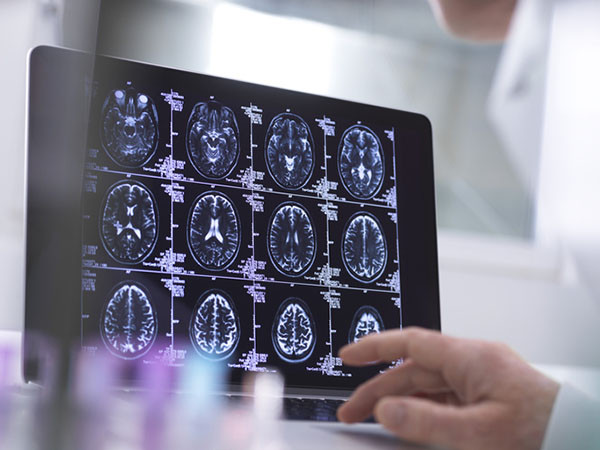LATE: A common cause of dementia you've never heard of

If dementia is a general term that means thinking and memory has deteriorated to the point that it interferes with day-to-day function, what are the top three disorders that cause dementia in older individuals?
Did you think of Alzheimer's disease? Good! Alzheimer's is the most common cause of dementia. Did you also think of vascular dementia or strokes? Excellent! Vascular dementia is the second most common cause. What about the third?
It's not Lewy body dementia, although Lewy body dementia (encompassing both dementia with Lewy bodies and Parkinson's disease dementia) is the fourth most common cause. Individuals with this disorder often have features of Parkinson's disease, visual hallucinations of people and animals, fluctuations in attention and alertness, and they may act out their dreams in bed.
It's not frontotemporal dementia. Individuals with this disorder are often in their 60s or younger. They generally have problems with behavior or language.
So what's the answer? It's LATE, which stands for limbic-predominant age-related TDP-43 encephalopathy.
What's LATE?
In LATE, a protein called TDP-43 (which stands for transactive response DNA binding protein of 43 kDa) accumulates in brain cells. Once it accumulates, it injures and ultimately destroys the cells.
LATE generally damages many of the same areas affected by Alzheimer's disease. These regions include
- the amygdala, involved in emotional regulation
- the hippocampus, involved in learning and memory
- the temporal lobe, involved in words and their meanings
- portions of the frontal lobes, involved with keeping information in mind and manipulating it.
What are the symptoms of LATE?
Because LATE affects many of the same brain regions as Alzheimer's disease, it often presents with similar symptoms, including
- memory loss (impairment in episodic memory)
- trouble finding and understanding words (impairment in semantic memory)
- trouble keeping information in mind (impairment in working memory)
How common is LATE?
By itself, LATE is estimated to cause about 15% to 20% of all dementias. Many people with dementia also have LATE pathology in addition to one or more other pathologies in their brain. For example, an individual may have the plaques and tangles of Alzheimer's pathology, plus LATE pathology, plus ministrokes (vascular pathology). It turns out that about 40% of people with dementia have at least some LATE pathology in their brain. All of this means that LATE is, indeed, very common.
How is LATE diagnosed and why haven't you heard of it before?
LATE can only be diagnosed with certainty at autopsy. However, we can get a hint that LATE might be present when an older individual shows the memory loss and word-finding problems common in Alzheimer's disease, but special tests used to confirm the diagnosis of Alzheimer's come up negative.
The reason that you — and most clinicians — haven't heard about LATE before is that we didn't realize just how common it is. It was only when we began obtaining results of special tests to diagnose Alzheimer's disease in living individuals (such as with a lumbar puncture or amyloid PET scan) that we began seeing the prevalence of LATE.
Can LATE be treated?
Because LATE was (and still is) often confused with Alzheimer's disease, it is almost certain that when the main drugs that are FDA-approved to treat Alzheimer's disease were evaluated, individuals with LATE were included in those studies. This means that there is every reason to believe that drugs like donepezil (brand name Aricept), rivastigmine (Exelon), memantine (Namenda), and galantamine will all be effective for individuals with dementia due to LATE.
How can you find out more about LATE?
There has been an explosion of scientific papers about LATE in just the last few years. If you have a science background, you might want to peruse them or watch the wonderful scientific symposium on this disorder held by the National Institute on Aging (NIA). If you don't have a science background, take a look at the NIA or Wikipedia pages on LATE.
About the Author

Andrew E. Budson, MD, Contributor; Editorial Advisory Board Member, Harvard Health Publishing
Disclaimer:
As a service to our readers, Harvard Health Publishing provides access to our library of archived content. Please note the date of last review or update on all articles.
No content on this site, regardless of date, should ever be used as a substitute for direct medical advice from your doctor or other qualified clinician.















